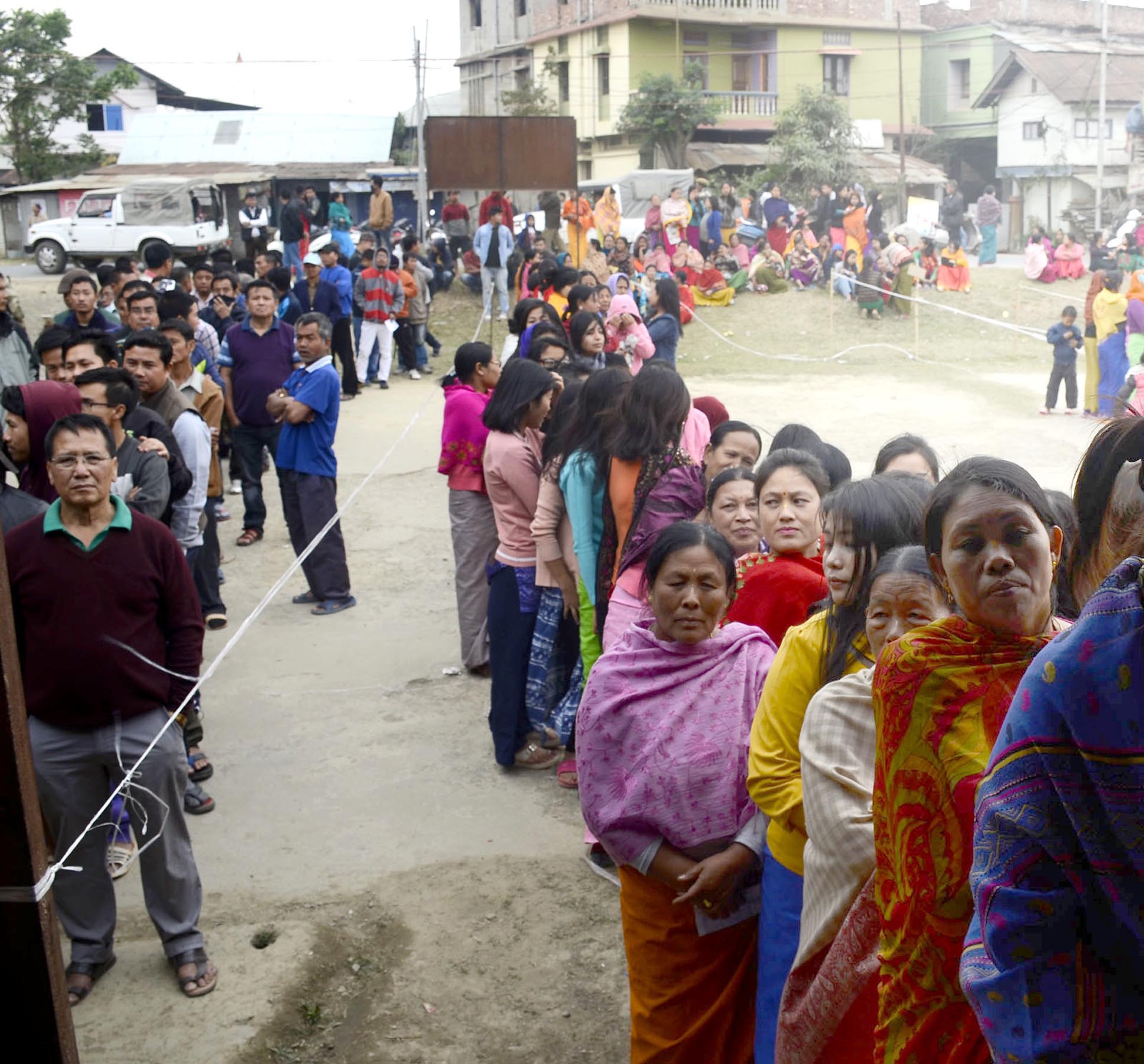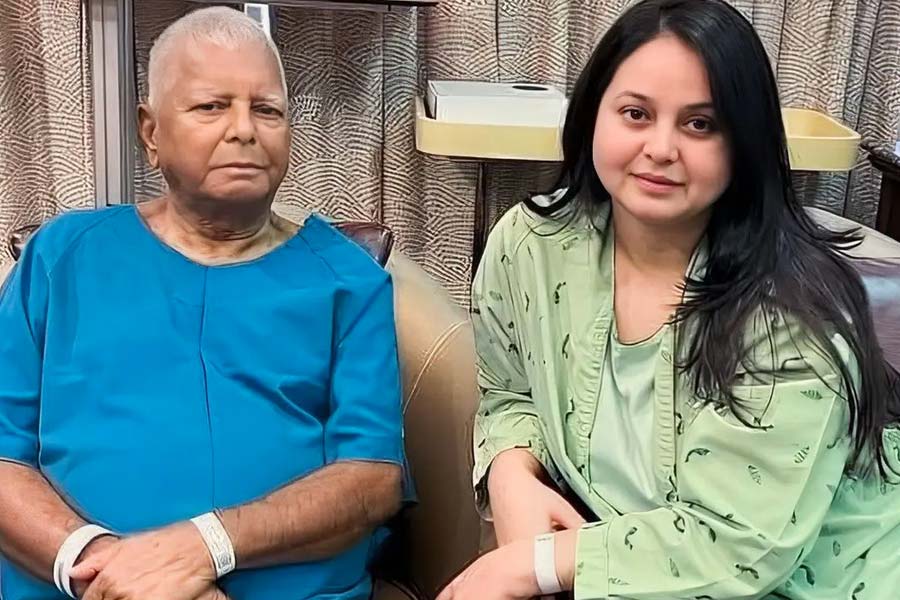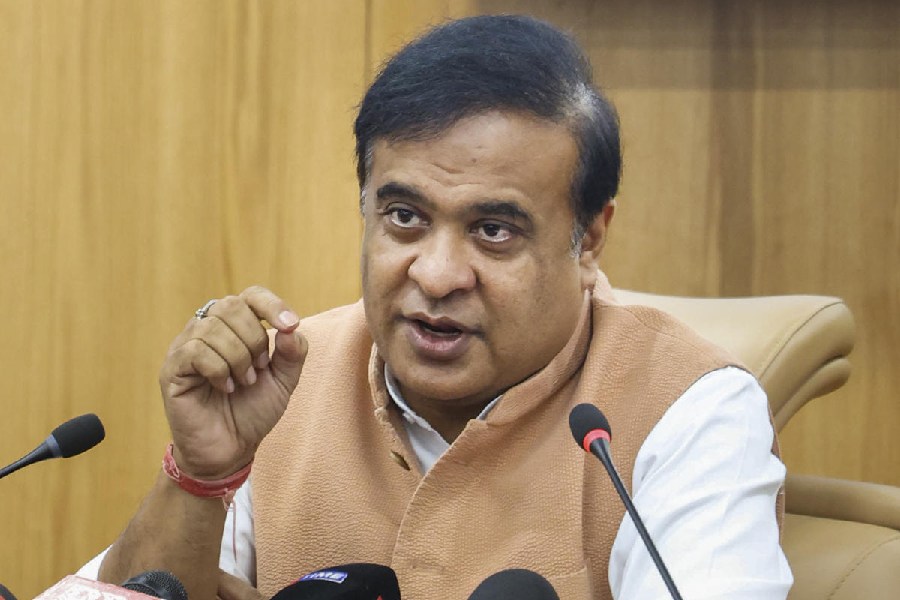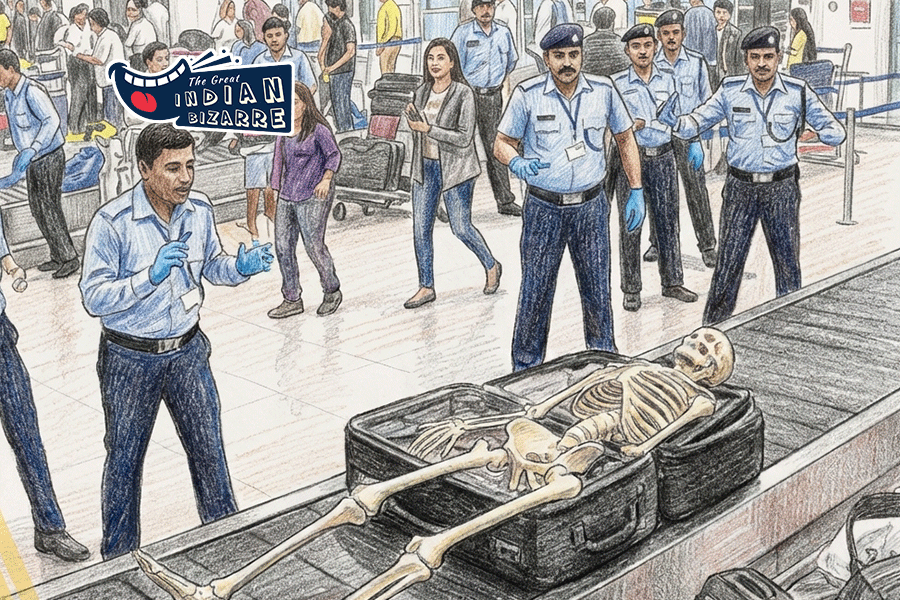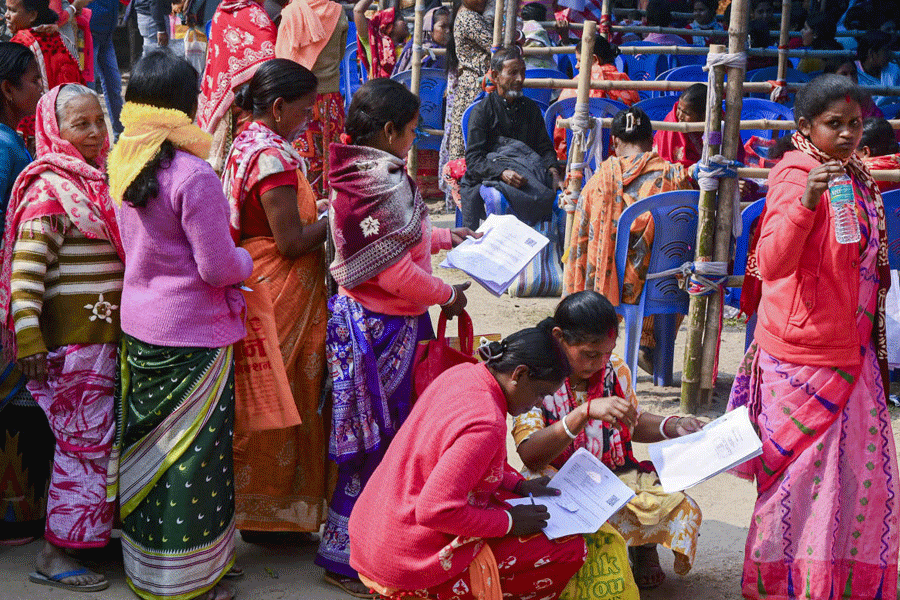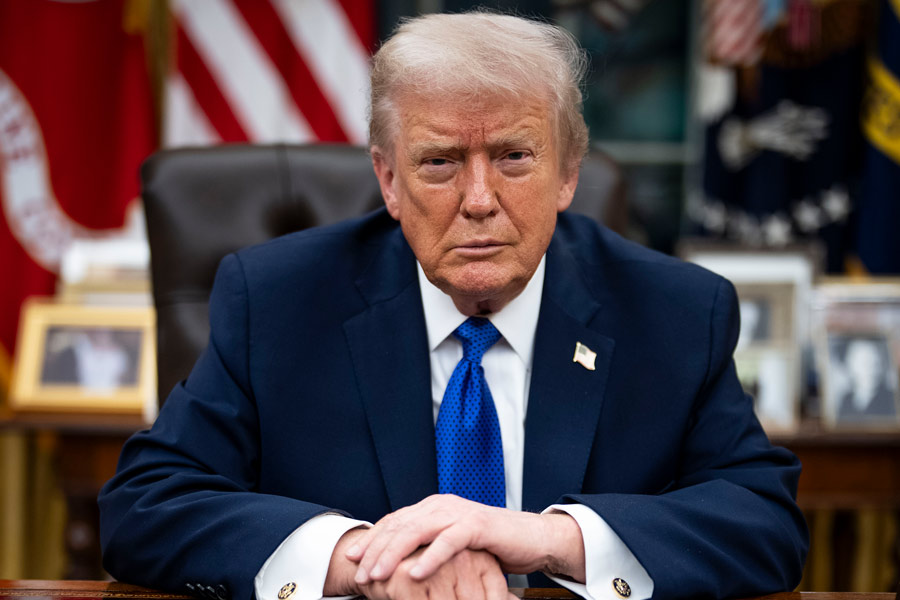Trauma history has a tendency of haunting its subjects for a long time, sometimes causing serious psychological hurdles for entire societies in coming to terms with the phenomenon that the Danish philosopher, Søren Kierkegaard, presented in a famous sentence: “Life can only be understood backwards, but it must be lived forwards.”
History has not always been kind to the Northeast region. A traditional world abruptly found itself confronting British colonial administration after the Treaty of Yandaboo, 1826, which ended the Burmese occupation of Assam and Manipur. Assam under the British was almost the entire Northeast with the exceptions of Manipur and Tripura. Assam was annexed and made a province of Bengal but Manipur was left as a protectorate, although with a purpose.
The British then evolved an ingenious mechanism to administer the region, demarcating it broadly into ‘administered areas’ consisting largely of the fertile productive plains, much of which was already under the organized centralized bureaucracies of feudal states, and ‘un-administered areas’ of wild, sparsely populated mountainous territories beyond the plains, where tribes untouched by modern ways lived.
In 1873, the Bengal Eastern Frontier Regulation was introduced to draw an ‘Inner Line’ to demarcate the two regions. The very next year, conceding to demands by a growing Assamese middle-class, Assam was separated from Bengal to become a chief commissioner’s province. The rise of Assamese linguistic nationalism is engaging, but another story.
The Inner Line was the British administration’s answer to tackling non-state spaces they encountered in the Northeast. Although these territories beyond the line were claimed as British possessions, they were not administered, except for occasional punitive military expeditions. Protectorate states like Manipur were used in the control of these non-state spaces.
The Government of India Act, 1919 classified the territories beyond the Inner Line as ‘Excluded Areas’ and they were left out of the provincial legislature introduced by the act. They were kept under the charge of the governor of the province. The Government of India Act, 1935 reclassified some parts of the ‘Excluded Areas’ as ‘Partially Excluded Areas’. These were given some representation in the provincial legislature but by nomination of the governor and not election. This administrative structure is what India inherited in 1947.
Much of the vexed politics of identity in the Northeast today is predicated on this past and bears close resemblance to the frictions within what Willem Schendel called ‘Zomia’ and James Scott elaborated in his influential book, The Art of Not Being Governed: An Anarchist History of Upland SouthEast Asia. Zomia corresponds with the wild mountainous massif of Southeast Asia, inhabited by once primitive tribes, interspersed by fertile valleys where agricultural surpluses led to emergence of ‘paddy states’.
In modern times, when the ‘non-state-bearing’ populations of Zomia awoke to state consciousness, they found themselves already part of other states. This is at the crux of most of the endemic identity entangles in the region. In the cases of principalities which were states already, the circumstances of the merger with India is often the sore point.
The question is, to how much of this past must the Northeast bid adieu so that its road to the future is unfettered? Freud’s Mourning and Melancholia provides some insights. In Mourning, the mourner does not allow the space between him and his loss to collapse: while not forsaking the memory of the dead, the living must move on. Melancholia, on the other hand, becomes a narcissistic engagement in which the mourner begins to take perverse pleasure in the fact of his mourning, thereby perpetuating the grieving. The second is often where the Northeast is.
Take Manipur, for which September is a cruel month. September 13 is observed as Black Day by Kukis, commemorating those of the community killed in the Naga-Kuki clashes in the 1990s. September 21 is a bandh day enforced by Meitei rebel groups to protest against the signing of the merger agreement with the Indian Union in 1949 by Maharaja Bodhchandra Singh under house arrest at Shillong during a visit. Must these remembrances continue to be about opening up old wounds to bleed further or should they be about mourning coming to terms with the losses and then looking towards future challenges and prospects?
In this task of sublimating collective past traumas, the calibre of politics in the hands of the dishonest, law-manipulating political leadership has not helped. The current Bharatiya Janata Party government in the state returned only 21 seats in the 60-member assembly in March 2017, but wrested power with the help of Congress defectors. One-and-a-half years later, one of the defectors is a cabinet minister and the other six sit in the Opposition benches but vote with the treasury. Yet the 10th Schedule, which requires such defectors to seek fresh mandates, has not been invoked. Such brazen disregard of the rule of law at the very top expectedly has only embittered people rather than restoring their faith in the system.
The author is editor of Imphal Free Press

